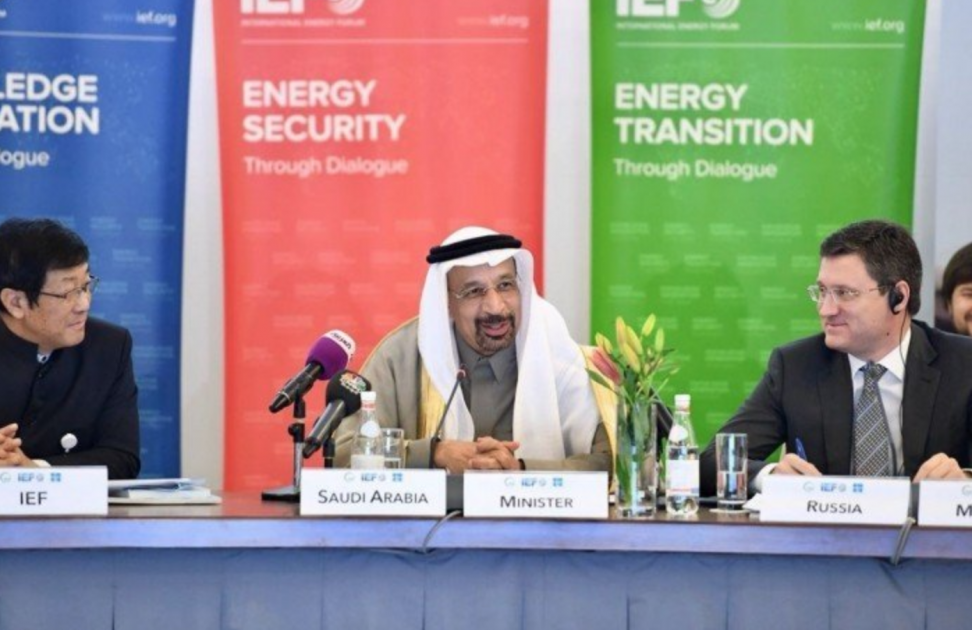
KSA plans to double natural gas production in next 10 years
Saudi Arabia is planning to double its natural gas production to 23 billion cubic feet per day in the next 10 years, Minister of Energy, Industry and Mineral Resources Khalid Al-Falih said on Wednesday.
“When it comes to natural gas, over the next decade we are going to be roughly doubling our production to 23 billion cubic feet per day and substantially increasing the percentage of natural gas in the Kingdom’s fuel mix, displacing liquids and therefore reducing carbon (emissions),” Falih said at the opening of the 8th annual IEA-IEF-OPEC Symposium on Energy Outlooks in Riyadh.
Falih said he was confident that cooperation between the Organization of the Petroleum Exporting Countries (OPEC)and its non-OPEC allies will continue to stabilize oil markets.
“I am confident that our high degree of cooperation and coordination will continue and bring the desired results,” Falih told the industry conference attended by Russian Energy Minister Alexander Novak and OPEC Secretary General Mohammad Barkindo.
He said Saudi Aramco’s crude output in March will be 100,000 barrels per day (bpd) below its February level while exports would be kept below 7 million bpd. “Saudi Arabia remains focused on working down excess oil inventories,” a ministry spokesman said in a statement.
“Market volatility is a common concern for producers and consumers, and the Kingdom is committed to mitigating this volatility and moderating its negative impacts by responsibly meeting its pledges” under the OPEC-led deal.
The Organization of the Petroleum Exporting Countries is reducing output by 1.8 million barrels per day until the end of 2018 as part of a deal with Russia and other non-members to get rid of a supply glut.
OPEC’s cut has boosted oil prices, which in January topped $71 a barrel for the first time since 2014. But crude has since slid and hit a 2018 low of $61.76 this week, pressured by rising US output and forecasts oversupply may persist.
Barkindo said oil demand would grow this year at healthy levels and data pointed to continued high compliance by producers in January with their pledges under the supply cut deal.
The International Energy Forum (IEF), together with the International Energy Agency (IEA) and the Organization of the Petroleum Exporting Countries (OPEC), on Wednesday hosted a joint symposium on energy outlooks at its headquarters in the Saudi Arabian capital.



























